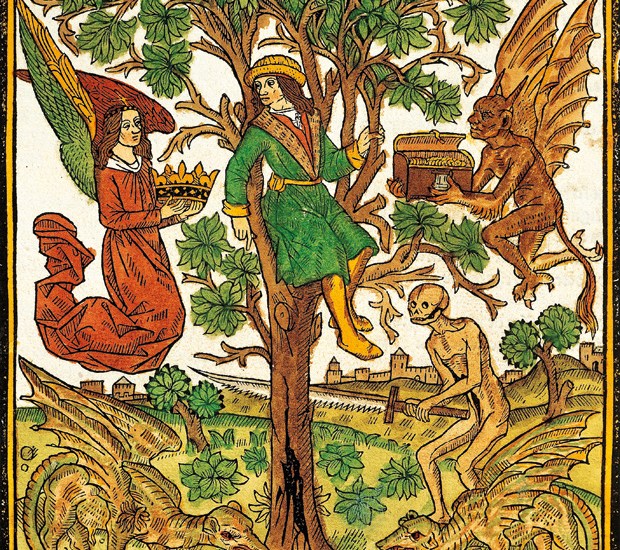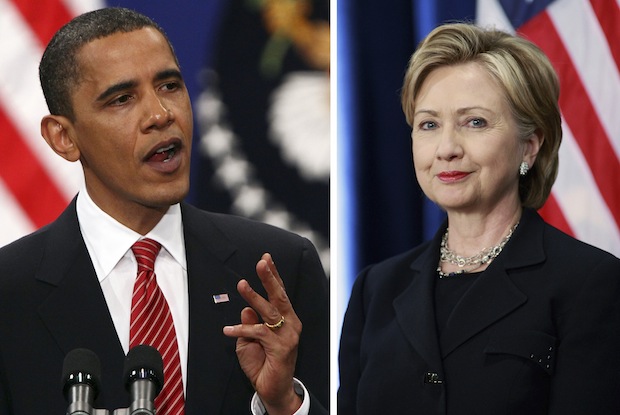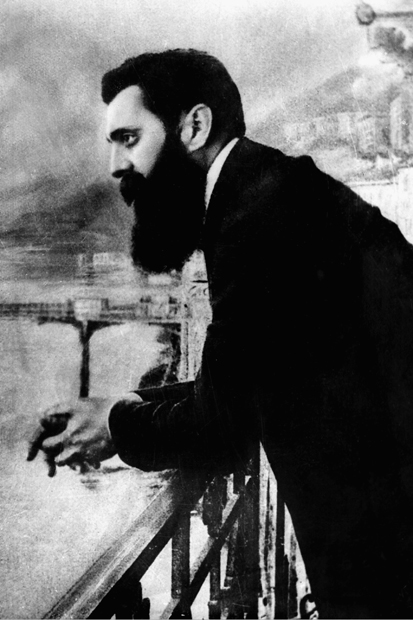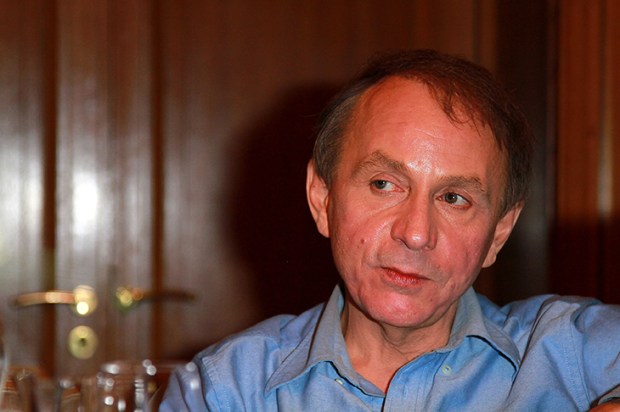If there is one underlying source from which all our other societal problems stem, it is surely this: we no longer know who we are or how we got here. Worse, we mistakenly believe our situation to be inevitable, presuming that we have arrived in this modern liberal state through something like gravity.
Already a subscriber? Log in
Subscribe for just $2 a week
Try a month of The Spectator Australia absolutely free and without commitment. Not only that but – if you choose to continue – you’ll pay just $2 a week for your first year.
- Unlimited access to spectator.com.au and app
- The weekly edition on the Spectator Australia app
- Spectator podcasts and newsletters
- Full access to spectator.co.uk
Or
Unlock this article
Available from the Spectator Bookshop, £16. Tel: 08430 600033. Douglas Murray is an associate director of the Henry Jackson Society and blogs at spectator.co.uk/murray.
You might disagree with half of it, but you’ll enjoy reading all of it. Try your first month for free, then just $2 a week for the remainder of your first year.















Comments
Don't miss out
Join the conversation with other Spectator Australia readers. Subscribe to leave a comment.
SUBSCRIBEAlready a subscriber? Log in